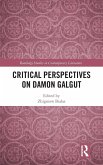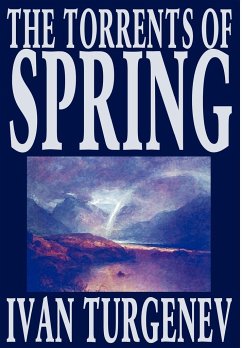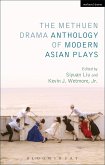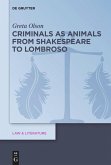This volume provides a timely contribution to the ongoing conversation on the agency of matter in environmental humanities. The first book offering an important and relevant Asian perspective to this hitherto exclusively westcentric exchange, it focuses on one of the influential theoretical fields to emerge in recent years, 'material ecocriticism,' which engages with the mind/matter value-dualism. Ecomaterialists have challenged the binary that places 'mind' on the active, agentic side while pushing 'matter' into inert passivity. This book enters this conversation from the Hindu and Buddhist philosophical perspectives and offers insights from Asian cultural beliefs and faith systems. The concept of panpsychism, as it has recently emerged in astrophysics, and the idea of a Universal Consciousness (Brahman, Nirvana, Tao) in Eastern philosophies, despite their differing approaches and objectives, display interesting overlaps that require further exploration. Parallelly, the idea of an agentic Nature as found in Samkhya philosophy, common to Hinduism and Buddhism, challenges the active-mind/inert-matter binary and further qualifies ecomaterialist perspectives. The text undertakes an analysis of an exclusively Asian (i.e., South and Southeast) corpus, where these ideas emerge. This book investigates the complex, ambivalent approach to nonhuman Nature in South and Southeast Asian literary, cultural, and religious narratives to argue that a utilitarian attitude to nature is complicated by a tacit or strong belief in its autonomy and agency.
Bitte wählen Sie Ihr Anliegen aus.
Rechnungen
Retourenschein anfordern
Bestellstatus
Storno








